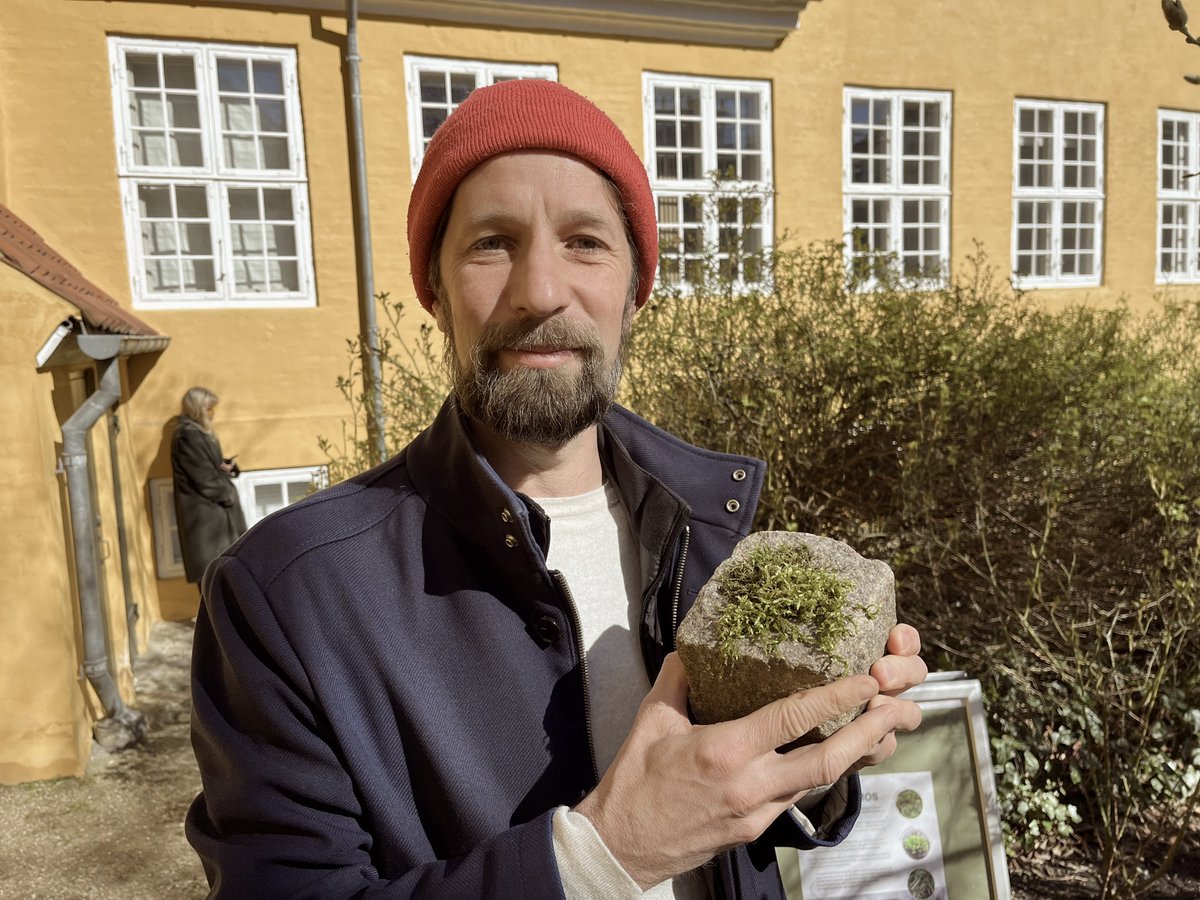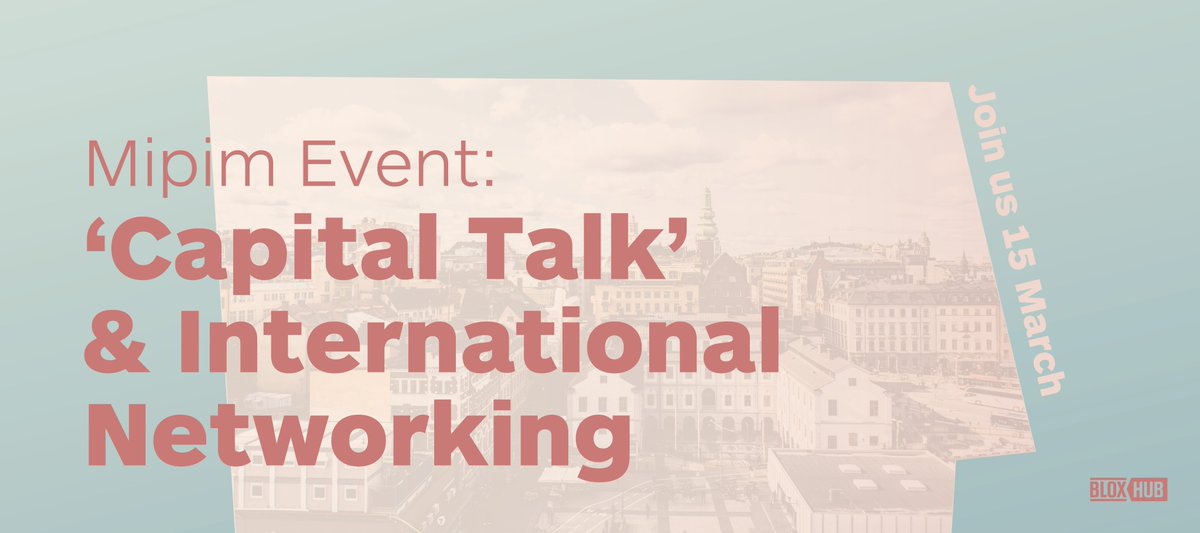BLOXHUB Summer School – by University of Southern Denmark & Aalborg University
On-line – in the time of the COVID 19
We are resilient and we are on-line
Following the challenge imposed by the COVID-19 pandemic and relative constraints in our personal and professional lives, it will not be possible to realize the BLOXHUB Summer School on-site as originally planned.
At the same time, the relevance and the importance of this training course, as an opportunity to exchange experiences, discussing challenges and solutions among practitioners, policymakers, and researchers is indeed relevant and needed.
Thereby with the Organizing Committee and the Expert Committee, representing all our partner organizations, resolved in adapting the training to the current circumstances and holding the BLOXHUB Summer School on Urban Resilience on-line, addressing specifically the urban resilience challenges posed by the pandemic.
Here bellows some preliminary information regarding the new format, more details will be following in the next 2 weeks.
Lectures will be coupled thematically, and each lecture will cover fully or partially the issue of pandemics in relation to other issues within the framework of Urban resilience.
Participants will be working on problem-based challenges specifically related to pandemics: that may include the interaction of pandemic with climate change-related hazards, with a systemic view (in terms of causes and effects) and multi-level approach within the frame of Urban Resilience.
Upon the conclusion of the training, the participants will receive a Certificate of Participation.
We expect from the participants a high level of commitment, due to very interactive mode of the training with intensive discussions, covering approximately 5-6 hours for daily sessions and possibly additional time in between planned activities, for discussion and group work.
The deadline for the submission of applications has been extended until the 30th of April.
The participation fee is 300 EUR, with possibility for partial or full fee waivers for the participants from the Global South.
COURSE DESCRIPTION
Today over 50% of the world population lives in urban areas, and cities account for 60-80% of global energy consumption and the same level of greenhouse gas emissions, producing 50% of global waste, consuming 75% of natural resources, and producing 80% of global GDP. Cities and their populations are vulnerable and increasingly exposed to rapid and slow on-setting climate and environmental disasters, which frequency and intensity are growing exponentially. Cities are also major centers of economic activity, social life, and culture, innovation, and knowledge-creation.
Urban resilience aims at increasing the ability of urban systems, to respond systemically and dynamically to present and future shock and stresses related to major global challenges as unsustainable development patterns, rapid and unplanned urbanization, climate change mitigation, and adaptation.
Urban resilience is instrumental to address both causes and effects of these major global challenges, re-thinking the way in which cities are designed, planned, and managed, at the same time fostering innovation.
The scientific research on urban resilience has been exponentially growing in the last decade, parallelly a growing number of cities worldwide started developing resilience-related plans and actions, following the recommendations and prescriptions national and international policies, as Sustainable Development Goals, Paris Agreement, New Urban Agenda and Sendai Framework for Disaster Risk Reduction.
The key challenge for urban resilience is to co-develop and harmonize scientific and practice-led knowledge to support informed and science-based decision and policymaking, to enable our cities to evolve and innovate.
The BLOXHUB Summer School on Urban Resilience 2020 will bring together on-line researchers, practitioners, and policymakers during June 2020.
The summer school aims at providing multi-disciplinary knowledge and perspectives on the different global and local challenges for urban resilience in the Global South and North. The training is organized as a series of lectures and work in small groups to respond to a problem-based challenge.
The participants will gain the necessary competences to develop informed policies, strategies, plans, and solutions for urban resilience, at the time of Covid-19.
LEARNING OUTCOMES
The participants will develop their knowledge on:
- The basis of urban resilience science, and the development of resilience research in different disciplinary contexts;
- International policies (Sustainable Development Goals, Paris Agreement, New Urban Agenda and Sendai Framework for Disaster Risk Reduction);
- National policies regarding climate adaptation and mitigation, including urban content of Nationally, Determined Contributions and urban aspects of National Adaptations Plan and Policies;
- Urban resilience practices with specific case studies from cities worldwide, including strategic plans, action plans, and technological solutions
The participants will develop competencies on the use of:
- Process design methodology for urban resilience;
- System thinking for the analysis of urban shock and stresses;
- Different future scenarios methods: forecasting, visioning and backcasting
TARGET GROUPS
Scientist and researchers: including Ph.D. candidates, post-docs, research fellows and lecturers from universities and research organizations.
Practitioners: including policymakers, from national and subnational governments and public organizations, officers from international and intergovernmental organizations, staff from private profit, and non-profit organizations.
Participants with different disciplinary backgrounds: are welcome including engineering, architecture, planning, environmental, economic, and social sciences.
English language proficiency is required.
PRACTICAL INFORMATION
Fees
There is a fee for participants of 300 EUR.
Successful candidates will receive information about the modes of payment once admitted.
A fee reduction is foreseen for applicants from the Global South.
The participants shall request the fee reduction during the application. Each request will be assessed individually.
To verify your initial eligibility for the reduced fee (country classification) please refer to the World Bank Country and Lending Groups.
Application procedure
The Summer School Urban Resilience is targeted at practitioners, scientists, and researchers with different disciplinary backgrounds including engineering, architecture, planning, environmental, economic, and social sciences.
There is a limited number of places available, therefore the participants will be competitively selected according to their curriculum vitae, motivation letter, and the application form.
In order to apply, send the following documents tomanar@iti.sdu.dk– indicating ‘Application BLOXHUB-SSUR’ in the subject line:
- Your curriculum vitae.
- A motivation letter, explaining in 300 to 500 words why you would like to participate in this summer school, how it can help your academic and professional development, as well as, what are your competencies and expertise you can contribute with to the summer school.
Please note that mandatory documents are to be sent as a single PDF file.
Open submission:12 February 2020
Extended deadline for submissions: 30 April 2020
Course date: June 2020 (twice a week)
Course structure
The Summer School will be held over one month in June with daily sessions twice a week.
Each daily session will consist of:
(1) Lecture sessions: 2.5 hours (accessible for general public)
two lectures back to back with Q&A
(2) Working sessions: 3 hours (for selected participants only)
For group discussion and group work on a specific problem-based challenge
Course Dates
The month of June 2020, twice a week
Application Deadline
April 30th 2020






